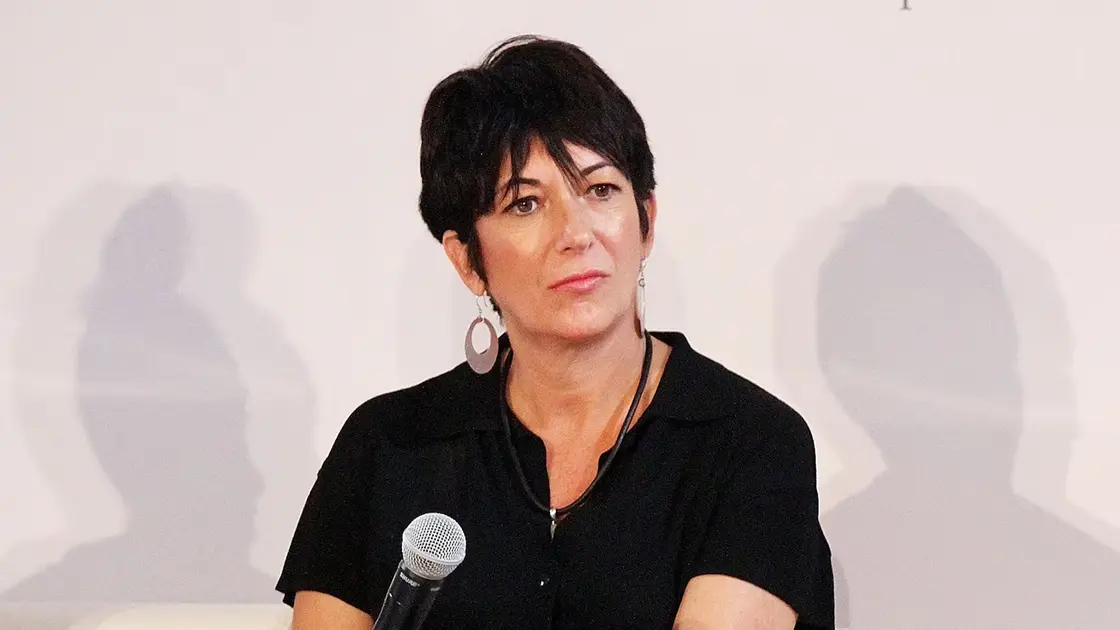T4K3.news
Maxwell grand jury materials sealed
Judge Engelmayer keeps grand jury materials sealed to protect proceedings and avoid setting a risky precedent.
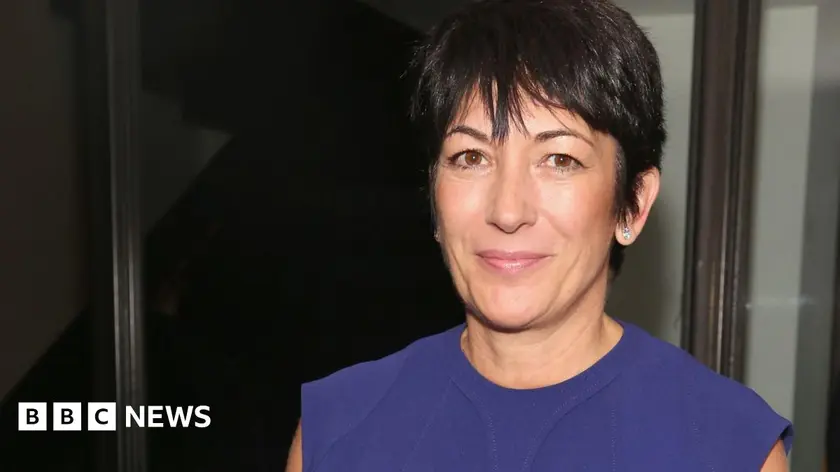
A federal judge has ruled to keep Maxwell's grand jury materials sealed, saying releasing them could harm future proceedings and reveal nothing new.
Maxwell grand jury materials sealed by judge Engelmayer
In a 31-page ruling, Judge Paul Engelmayer rejected a broad bid to unseal the summary-witness materials. He warned that casual use of the exception to secrecy could erode trust in grand jury proceedings by convincing witnesses and jurors that the process is not confidential. The judge noted that the documents do not identify any person other than Epstein and Maxwell as having had sexual contact with a minor and do not discuss clients of Epstein or Maxwell. Maxwell, 63, was convicted in 2019 and has since moved to a minimum-security facility in Texas. The decision comes as related questions about Epstein files persist, including earlier statements by the justice department and the president about the existence of a client list and the ongoing political conversation around the Epstein case.
Key Takeaways
"Applying the exception casually or promiscuously, as the government's motion to unseal the summary-witness grand jury testimony here invites, would hurt the grand jury system."
Judge Engelmayer on the risk of unsealing
"The materials do not identify any person other than Epstein and Maxwell as having had sexual contact with a minor."
Contents of the grand jury materials
"Last week, one of her accusers said outside the court in New York that she should stay in prison for the rest of her life."
Accompanying reaction from Maxwell case
"Bondi should release whatever she thinks is credible."
Trump's stance on Epstein files
The ruling highlights the careful balance courts must strike between secrecy and accountability in high-profile cases. Preserving the secrecy of grand jury materials protects the integrity of future witnesses and jurors, but it also fuels a public perception that important information may be hidden. In a political context, where figures like former tenants of the Epstein files surface in public debate, the decision underscores how legal procedures can become part of a broader fight over transparency and influence.
Highlights
- Applying the exception casually or promiscuously would hurt the grand jury system.
- The materials do not identify any person other than Epstein and Maxwell as having had sexual contact with a minor.
- One accuser outside the court said outside the court that she should stay in prison for the rest of her life.
- Bondi should release whatever she thinks is credible.
Sealed grand jury materials raise transparency concerns
The ruling preserves secrecy but fuels public debate over transparency in high-profile cases and could influence future unseal requests. It also intersects with political discussions around Epstein related files.
The Maxwell case keeps moving through a landscape of law, politics, and public interest.
Enjoyed this? Let your friends know!
Related News
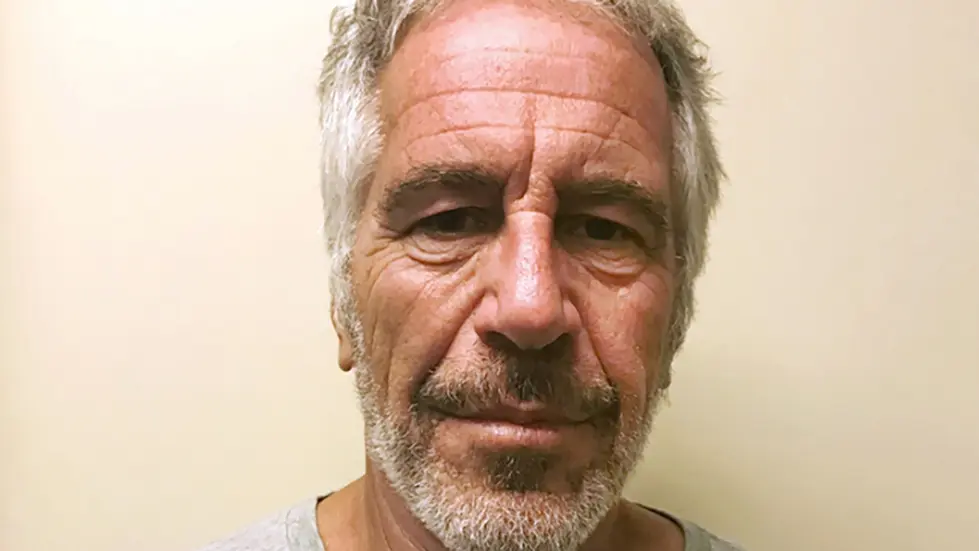
Maxwell transcripts stay sealed
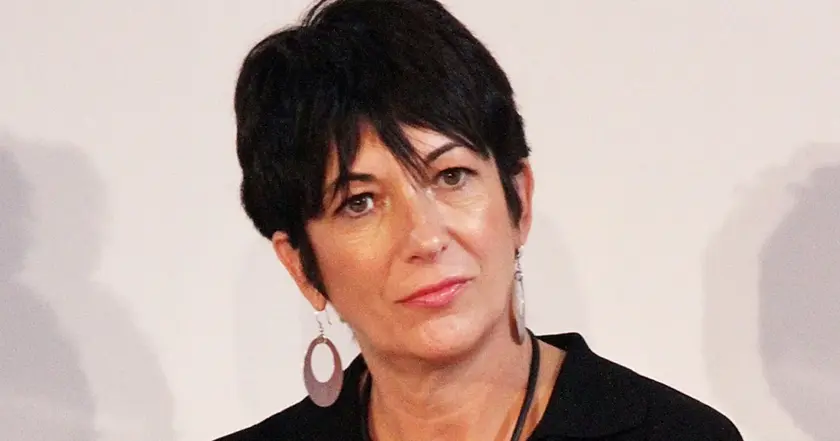
Judicial ruling on Maxwell grand jury records
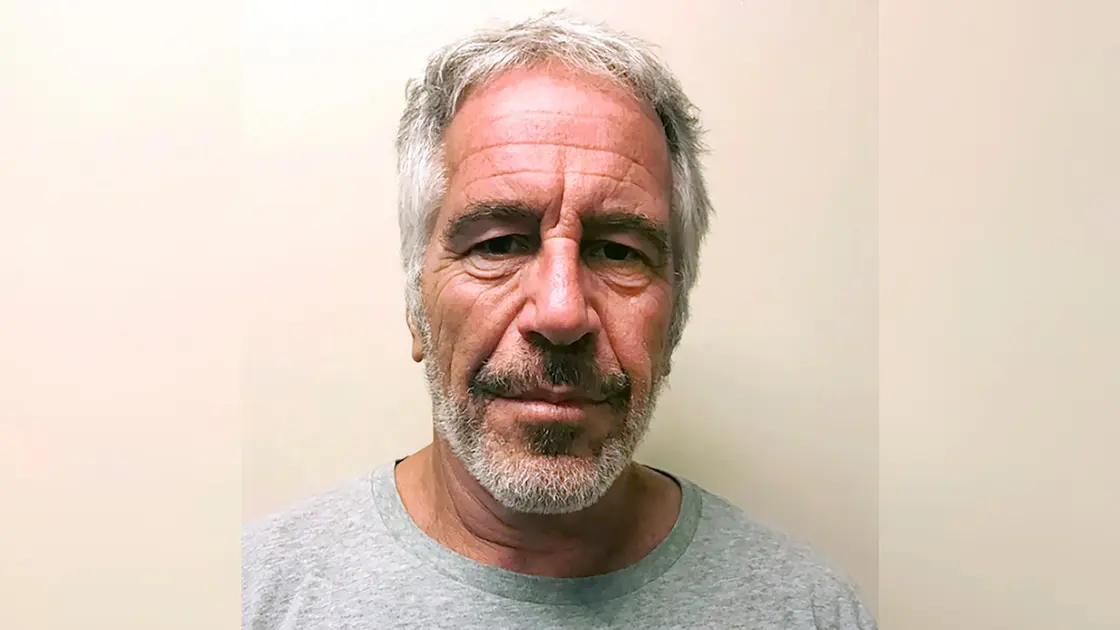
Florida judge maintains secrecy of Epstein grand jury records
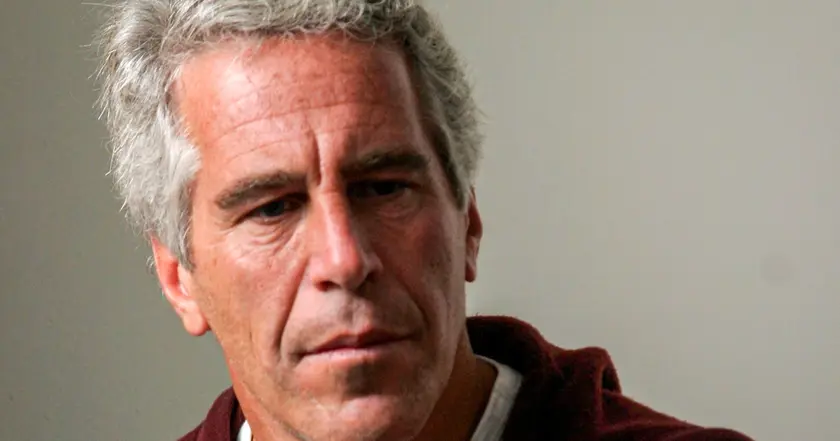
Judge blocks release of Epstein grand jury transcripts
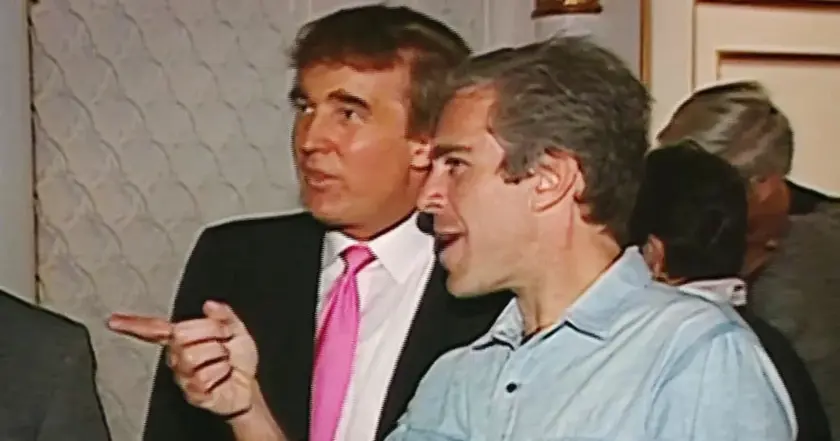
Trump orders release of Epstein grand jury testimony
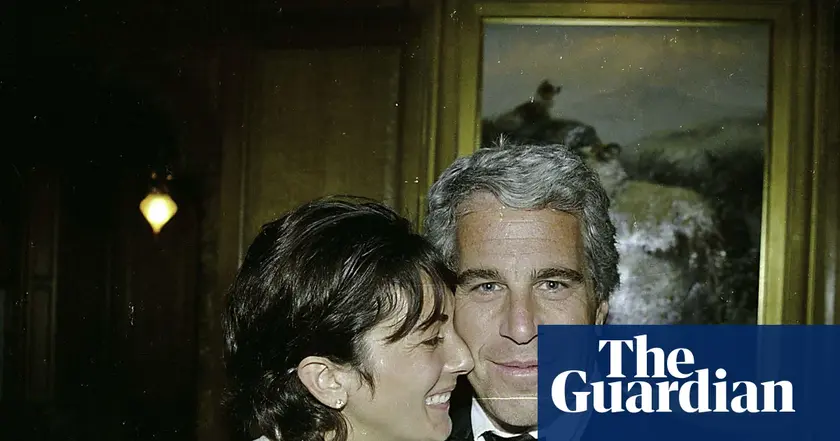
Legal challenges may reveal Epstein documents
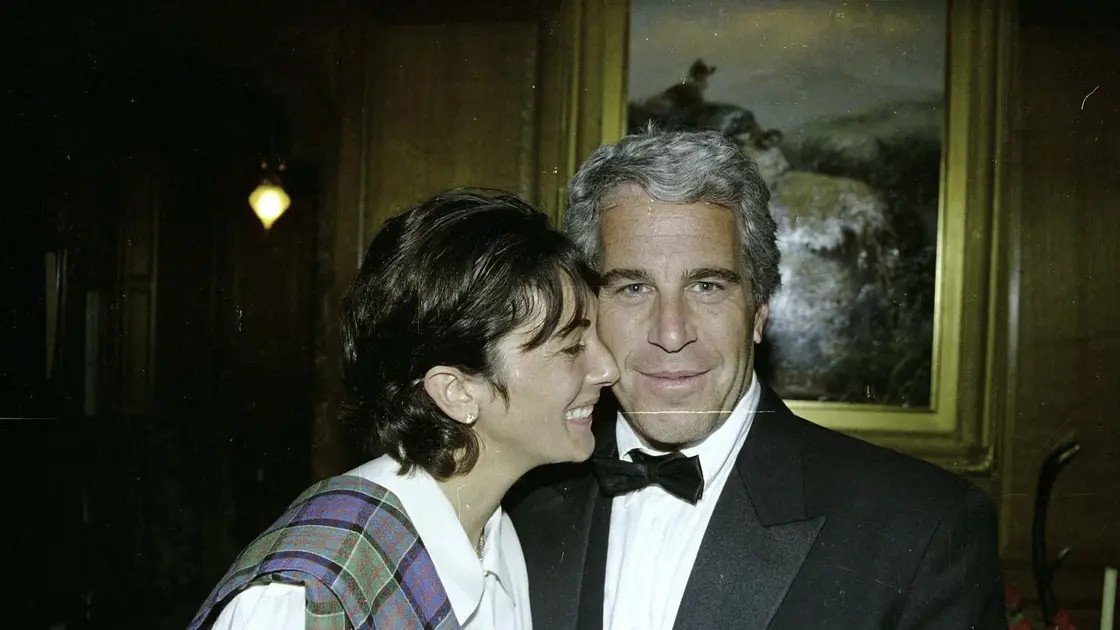
Judge in Epstein case demands more details from DOJ
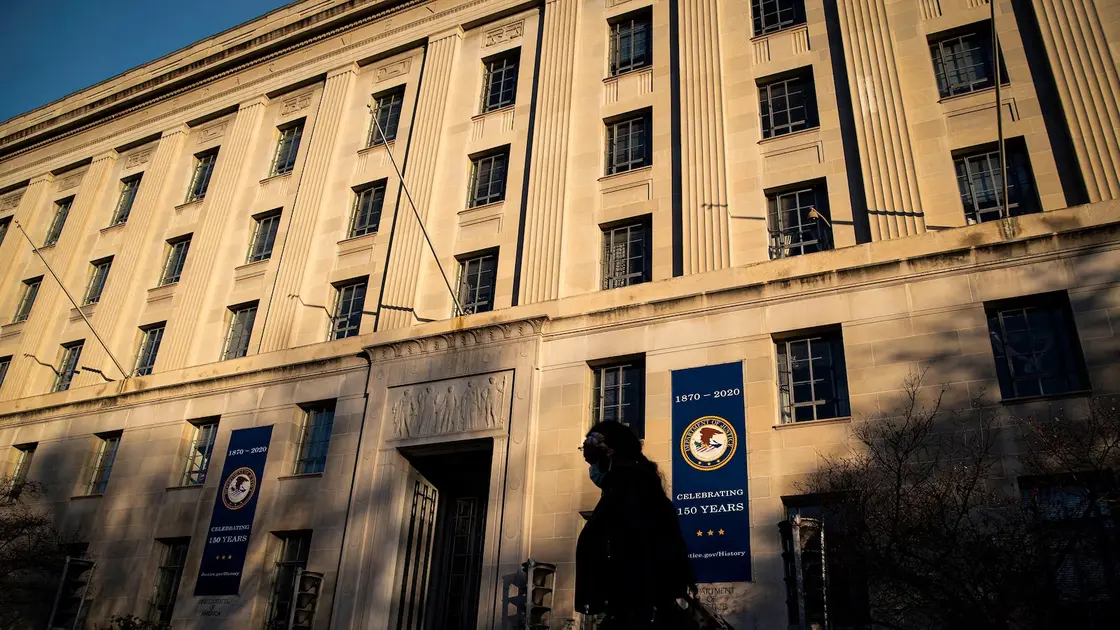
DOJ unveils limited witnesses in Epstein Maxwell grand jury
